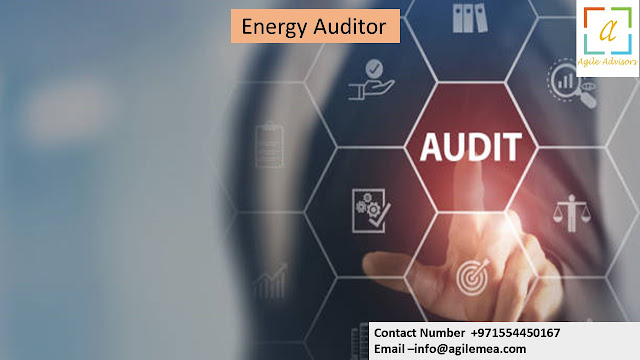Energizing the Future: The Philippines' Need for Energy Audits
For your benefit as an Agile Advisors Energy Consultant, an
extensive evaluation of a facility's energy performance and usage is called an
energy audit. Preliminary Energy-Use Analysis, On-Site Audit Procedures, and
Detailed Audit Analysis and Reporting are the three main steps involved. An
initial assessment appraises the establishment's past energy consumption and
juxtaposes it with analogous establishments. To find energy inefficiencies, the
on-site methods entail a comprehensive evaluation of the building's equipment,
systems, and structure. Lastly, a thorough report is created detailing possible
energy-saving strategies, their associated expenses, and their payback times. A
walk-through audit offers a quick summary of energy performance; a general
audit provides a more thorough examination; and a full audit offers a
technical, in-depth analysis of patterns in Energy audits are essential for
many reasons. They highlight areas where energy can be saved, which results in
significant operating cost savings.
We are an Agile Advisors Energy Audit; the country is
among the nation’s most susceptible to climate change and thus faces
substantial environmental challenges. As such, the significance of energy
audits is becoming more widely acknowledged. Laws like the Energy Efficiency
and Conservation Act have also promoted energy audits and economical energy
use. Increased use of energy audits in the Philippines could have wide-ranging
effects. Significant energy and cost reductions could result in higher business
profitability and less stress on the country's electrical grid. Furthermore,
encouraging sensible energy use may help create more green jobs in the
sustainable energy sector. Energy audits rank among the most essential
instruments in the battle against climate change. They may uncover energy inefficiencies
and recommend increasing energy conservation in buildings and companies. Here
are a few of its main benefits:
In order to assist you as an Agile Advisors
Energy Auditor, Energy
audits evaluate how much energy buildings, facilities, and operations use
regularly. They assist in the development of energy-saving plans by pointing
out areas of energy waste and inefficiency. By implementing the audit
suggestions, energy consumption can be drastically decreased, which will
minimize greenhouse gas emissions and the need for fossil fuels. Reducing
Carbon Footprint: Energy audits' main goal is to reduce energy use and related
greenhouse gas emissions. Upgrades in insulation, HVAC system optimization,
lighting efficiency, and the use of renewable energy sources are a few ways to
do this. Energy audits locate locations where energy is wasted or used
inefficiently, which helps firms find cost-saving options. Implementing these
ideas can help firms lower their operating and energy expenses. By providing a
financial incentive, companies and individuals are encouraged to implement
energy-efficient practices, which promotes sustainability over the long term
and lessens dependency on non-renewable energy sources.
As an expert Energy Consultant, Integration
of Renewable Energy: Energy audits can also spot chances to incorporate
renewable energy sources into already-in-place systems. Audits can assist firms
in making the switch to cleaner, more sustainable energy sources by evaluating
the viability and possible advantages of renewable energy technology like solar
panels or wind turbines. By reducing reliance on fossil fuels, this integration
helps mitigate climate change's effects. Policy Development: Energy audits
offer useful information on energy use trends, areas for possible energy
savings, and carbon emissions. Local, regional, and national energy policies
and regulations can be developed with this information. Governments can use the
results of audits to create and carry out initiatives that support energy
saving, encourage using renewable energy sources, and enhance energy
efficiency.
Being an Energy Audit, by carrying out
audits and disseminating the findings, people and organizations are encouraged
to embrace more sustainable practices and become more aware of how much energy
they consume. This raised awareness may result in a broader change in attitudes
and behaviors toward energy conservation and efficiency. However, government,
businesses, and individuals must work together for their benefits to be fully
realized. Government subsidies may encourage people and companies to conduct
energy audits. Education and awareness initiatives can also greatly aid in
promoting the advantages of energy audits. Last but not least, requiring energy
audits for significant energy users can dramatically lower the nation's energy
consumption and advance its sustainable development objectives.




Comments
Post a Comment